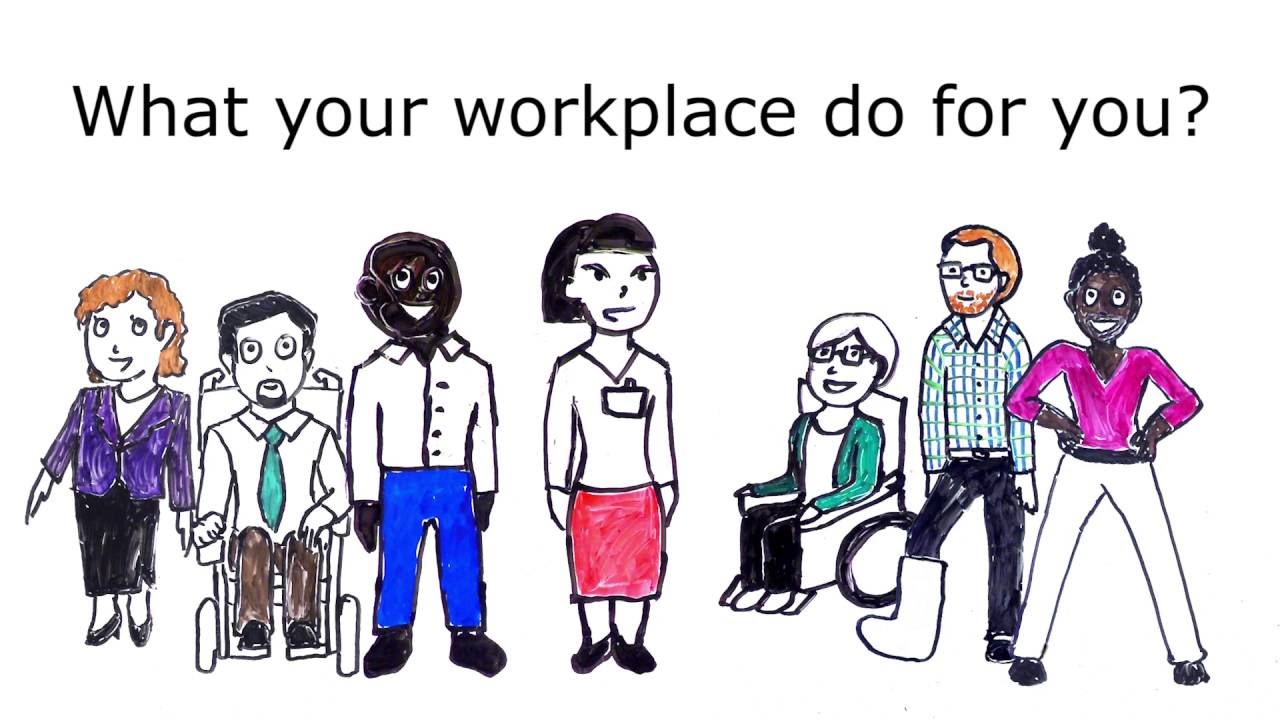The Importance Of Mental Health In The Workplace - Tips For Employees And Managers
What is the importance of mental health in the workplace? Mental health is an important part of our overall health and plays an important role in our everyday lives. It affects our thoughts, emotions, and behaviors, and it impacts how we interact with others and perform our daily tasks.
Author:James PierceReviewer:Karan EmeryMar 01, 20234 Shares373 Views

What is the importance of mental health in the workplace? Mental health is a critical aspect of overall well-being, and it plays a vital role in our daily lives. It affects our thoughts, emotions, and behaviors, and it impacts how we interact with others and perform our daily tasks.
Mental health issues can affect anyone, regardless of their job, but they can have a significant impact on the workplace. Poor mental health can lead to a reduction in productivity, increased absenteeism, and decreased engagement and motivation.
Therefore, it is essential for individuals to take their mental health seriously, and for employers to prioritize mental health in the workplace.
In this article, we will discuss the importance of mental health in the workplace, including what mental health in the workplace entails, how work affects mental health, and what individuals and employers can do to prioritize mental health.
We will also explore common questions and concerns regarding mental health in the workplace and provide practical tips and strategies for promoting mental health and well-being.
By the end of this article, readers will have a better understanding of the importance of mental health in the workplace and will be equipped with practical tools to prioritize their mental health and create a positive work environment that supports mental health and overall well-being.
What Is Mental Health In The Workplace?
Mental health in the workplace refers to the overall psychological and emotional well-being of employees in their work environment. It is a state of well-being that allows employees to effectively cope with work demands, fulfill their potential, and contribute to the productivity of their organization.
Mental health in the workplace is influenced by a variety of factors, including the physical work environment, organizational culture, interpersonal relationships, job demands, and job resources.
When these factors are not conducive to good mental health, employees can experience stress, anxiety, burnout, and other mental health problems that can have a negative impact on their performance, as well as the overall functioning of the organization.
Employers have a responsibility to create a supportive work environment that promotes good mental health for their employees. This can be achieved through various strategies, such as providing mental health resources and support, promoting work-life balance, creating a positive and inclusive workplace culture, and reducing workplace stressors.
By prioritizing mental health in the workplace, employers can improve employee well-being, job satisfaction, and ultimately, organizational success.

4 Mental Health in the Workplace
What To Do When Mental Health Affects Work
Mental health can affect work in different ways, and it is essential to recognize the signs and address them promptly. Here are some steps that employers and employees can take to manage mental health in the workplace:
- Encourage open communication: Create a culture of openness and encourage employees to share their concerns and seek support when they need it.
- Provide resources: Offer resources like Employee Assistance Programs, mental health counseling, or other support services to employees.
- Foster a positive work environment: Create a work environment that prioritizes employee well-being, with policies and practices that reduce stress and promote work-life balance.
- Accommodate reasonable requests: Accommodate reasonable requests from employees to support their mental health needs.
- Train managers: Train managers to recognize signs of mental health issues and provide support and accommodations to their employees.
How Does Work Affect Mental Health?
Work can have a significant impact on mental health, both positively and negatively. On the positive side, work can provide a sense of purpose, identity, and achievement. It can also foster social connections and relationships, which are essential for overall well-being.
On the negative side, work-related stress can contribute to mental health issues such as anxiety and depression. Factors such as job insecurity, long working hours, excessive workload, poor work-life balance, lack of support, and conflict with colleagues can also contribute to poor mental health.
Moreover, the COVID-19 pandemic has created new challenges for mental health in the workplace, including remote work, social isolation, and uncertainty about the future. These challenges can increase stress and anxiety, leading to a negative impact on mental health.
It is essential for individuals and employers to recognize the potential impact of work on mental health and take proactive steps to promote mental health and well-being.
By creating a positive work environment that prioritizes mental health, offering support and resources to employees, and promoting work-life balance and stress reduction, individuals and employers can mitigate the negative impact of work on mental health and create a happier, healthier workforce.
People Also Ask
How Does Mental Health Affect Work Performance?
Mental health issues can affect work performance by reducing productivity, increasing absenteeism, and affecting employee engagement and motivation.
How Can I Improve My Mental Health At Work?
You can improve your mental health at work by setting boundaries, taking regular breaks, practicing self-care, seeking support when you need it, and promoting a positive work environment.
How Can I Support A Colleague With Mental Health Issues At Work?
You can support a colleague with mental health issues by showing empathy, creating a safe and supportive environment, offering help and resources, and encouraging them to seek professional help if necessary.
Can Work-related Stress Cause Mental Health Problems?
Yes, work-related stress can cause mental health problems, including anxiety, depression, and burnout.
What Are The Benefits Of Promoting Mental Health In The Workplace?
Promoting mental health in the workplace can lead to benefits such as improved productivity, reduced absenteeism, lower healthcare costs, and a happier, healthier workforce.
Final Words
Mental health is a critical aspect of overall well-being, and it plays an essential role in our daily lives, including our work lives. Mental health issues can affect job performance and productivity, leading to a negative impact on the workplace.
Employers and employees must recognize the signs of mental health issues and take proactive steps to address them.
Creating a work environment that promotes employee well-being and prioritizes mental health can lead to various benefits, including improved productivity, reduced absenteeism, lower healthcare costs, and a happier, healthier workforce.
It is crucial for individuals to take their mental health seriously and seek out resources and support when needed. Likewise, employers must prioritize mental health in the workplace and create a positive work environment that supports employee well-being.
By doing so, we can create a work environment that promotes overall well-being, productivity, and success. Mental health should be a priority for everyone, and together, we can create a workplace that supports mental health and overall well-being.

James Pierce
Author

Karan Emery
Reviewer
Latest Articles
Popular Articles